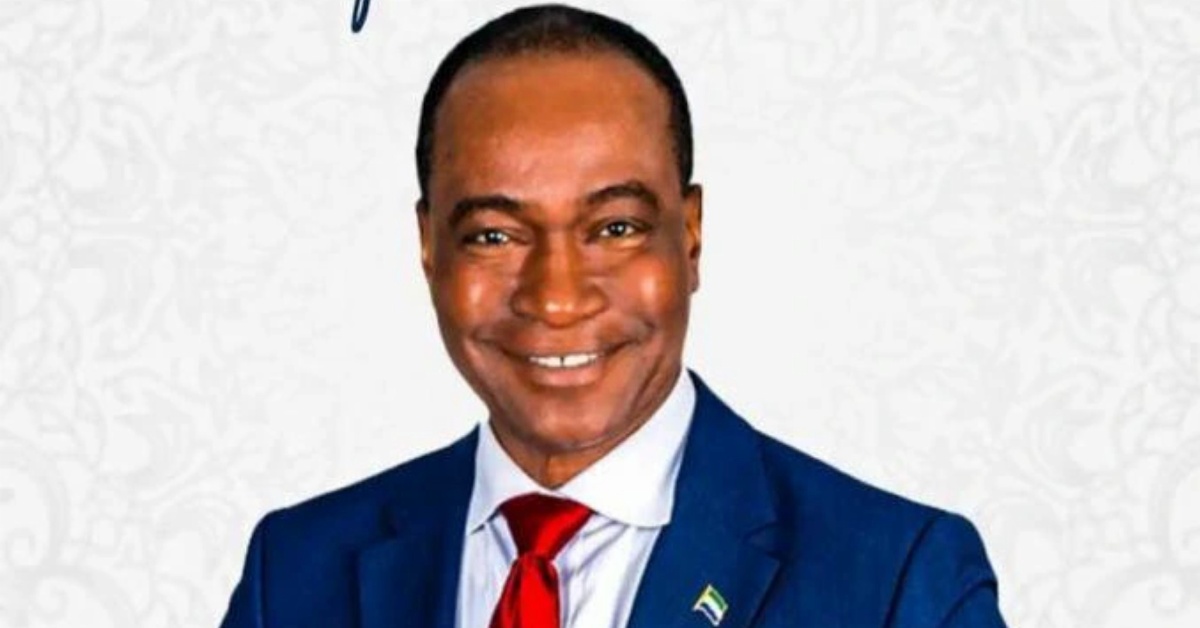The All People’s Congress (APC) Party Presidential Candidate, Dr. Mathew Wilson Samura Kamara recently launched his 2023 elections manifesto titled: ‘Save Salone – One Nation Manifesto’.
The launch was done for the Diplomatic and Consular Corps, the media, civil societies and other invited guests at the Lagonda Hotel and later at the Attouga Mini Stadium for party supporters and the people of Sierra Leone.
The Save Salone – One Nation Manifesto outlined ten pillars: “Build one nation-rebuilding national unity and cohesion, addressing economic differences and the cost of living crisis at the structural level, intensify efforts in job creation, accelerate investments in our people, investment in physical and digital infrastructure development, deepen and strengthen decentralisation and rural development, enhance democratic good governance and the rule of law, protect our environment and respond to climate change, strengthen economic diplomacy and strengthening partnership with diaspora for national development”.
Pillar two of the manifesto which is Address Economic deficiencies And the Cost of Living Crisis at Structural Level provides alternative solution to tackle soaring prices and the cost of Living.
The manifesto states, ”We Shall Restore macroeconomic stability and work towards transforming Sierra Leone from a consumption to a competitive production economy. This will include prioritizing private sector development, particularly indigenous business and rural communities, leveraging the African Trade Area Agreement [AfCFTA], and other trade agreements and harnessing the potential of digital transformation.”
What is The AfCFTA?
The AfCFTA is an ambitious trade pact to form the world’s largest free trade area by creating a single market for goods and services of almost 1.3bn people across Africa and deepening the economic integration of Africa. The trade area could have a combined gross domestic product of around $3.4 trillion, but achieving its full potential depends on significant policy reforms and trade facilitation measures across African signatory nations.
The AfCFTA aims to reduce tariffs among members and covers policy areas such as trade facilitation and services, as well as regulatory measures such as sanitary standards and technical barriers to trade.


 Post a comment
Post a comment








